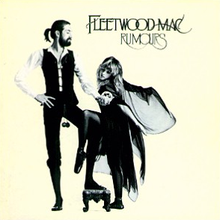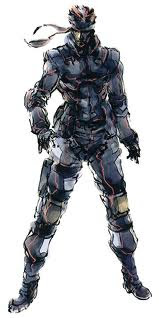
The first thing that struck was its expertise instrumentally. Bill Berry’s considered drumming, Mike Mills’ melodic bass lines, and Peter Buck’s chiming guitar chords, while fitting together similarly in each song, each time provide a layered, indie pop classic with a different feel. Pilgrimage is dominated by Mills’ prominent bass line, while Buck moves from reverberating chords on 9-9 to upbeat guitar chops on We Walk and of course his famed wide open-string guitar jangles which are prevalent on most songs. Although this is notably not the case on A Perfect Circle, a song composed entirely by Bill Berry, based around honky-tonk piano and a slow drum beat, and exemplary of the band’s variation on the album.
In the same way Michael Stipe’s vocals also undergo various guises on the album. He goes from his highest register on Radio Free Europe to lowest on Catapult, while adopting almost a yodel on Moral Kiosk. However, it is his lyrics and their delivery, which gives the album its name, which are most intriguing.
While his rambles are barely audible on 9-9 and completely obscure on songs such as Sitting Still and Shaking Through, there are tantalising hints that he is not just mindlessly rambling. The ‘empty mouths’ on Talk About The Passion suggest a hunger song, while the reference to ‘Laocoon and her sons’ in Laughing may be a reference to his own art and how people interpret it.
It is these two things which make R.E.M. and Murmur so special. Instrumentally, they are a pop band. Buck’s guitar hooks and the vocal interplay between Stipe and Mills are chart friendly, however their lyrics take them above this label. They are band for artists; they know what they are trying to say but this doesn’t matter – they allow people to interpret their songs however they want.
Approaching 30 years on this hasn’t changed. These songs are relevant to the past, the present, and the future, and still hold the same mystery and emotion that they have always held. There is only so much that can be said about music like this; people have to go out and see what it says for themselves. Maybe, like Laocoon, this is an artistic ideal.
8

























